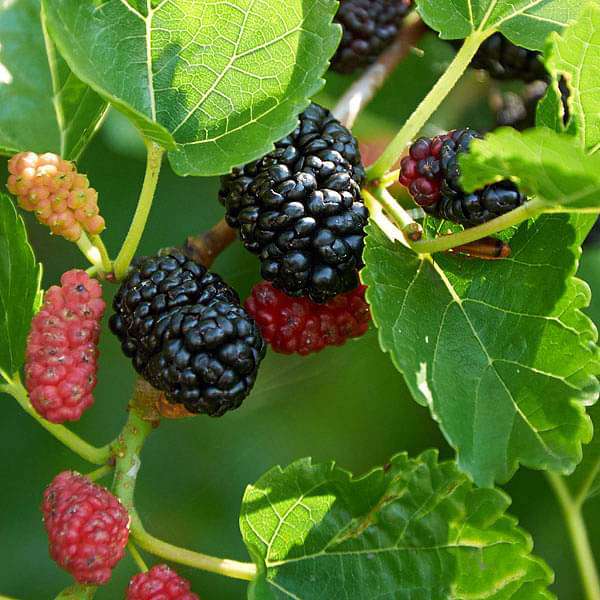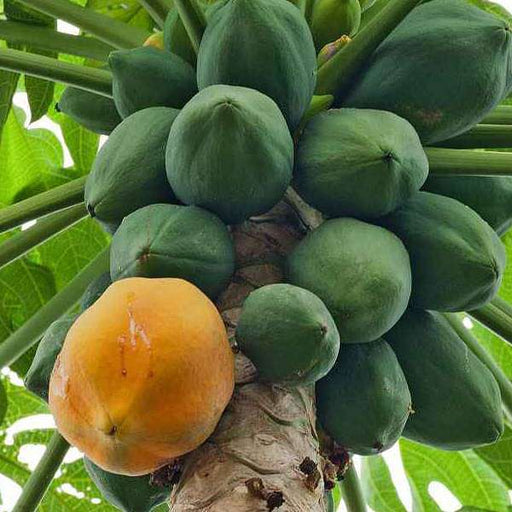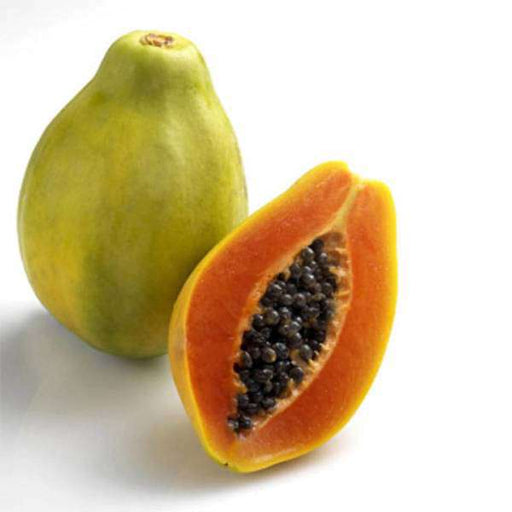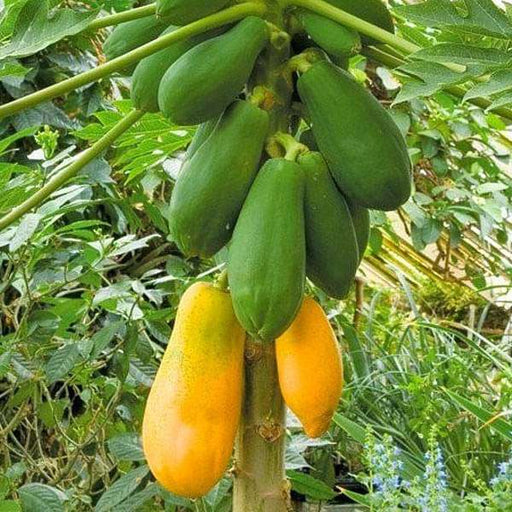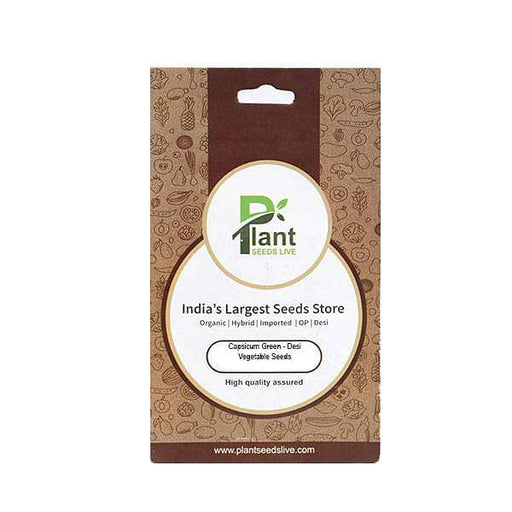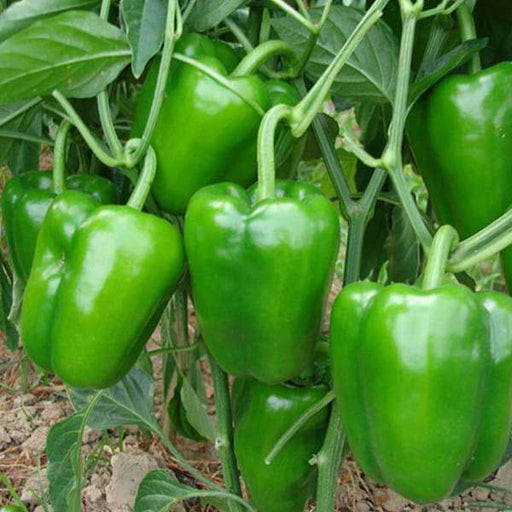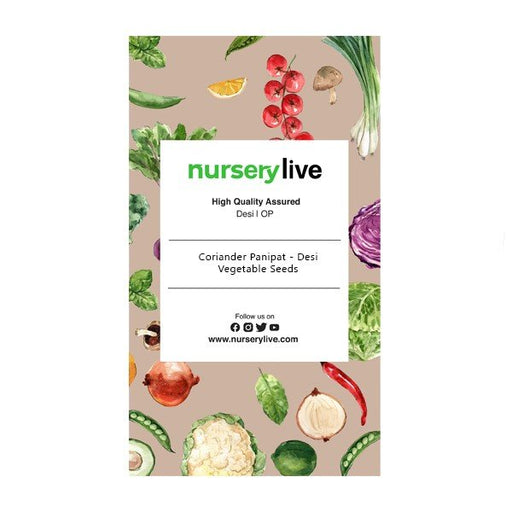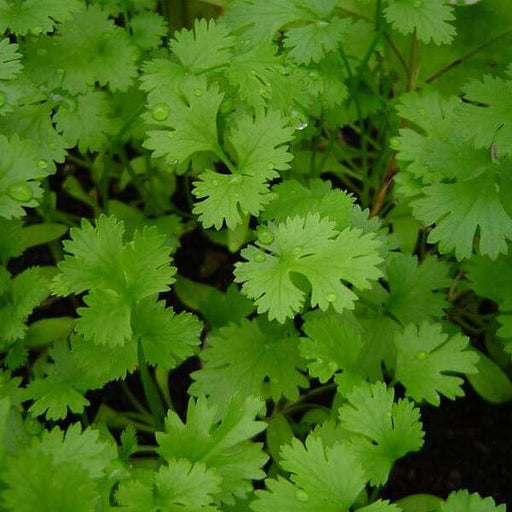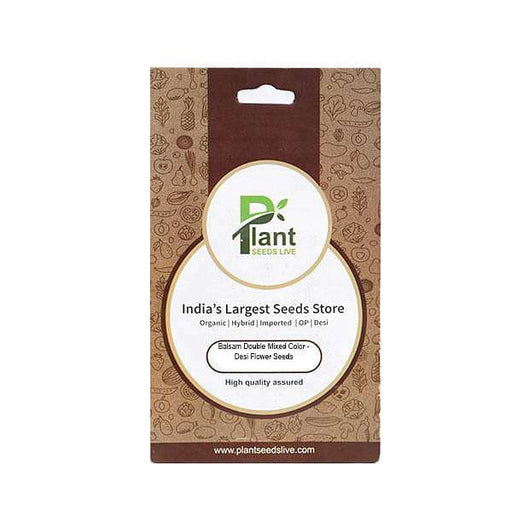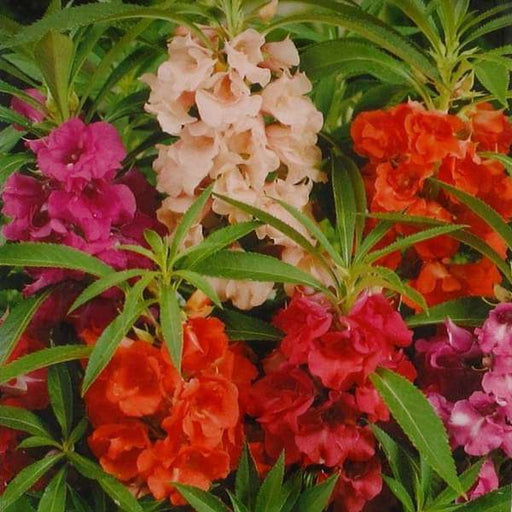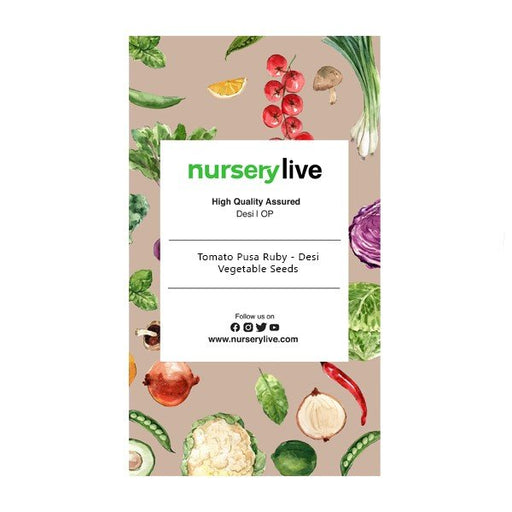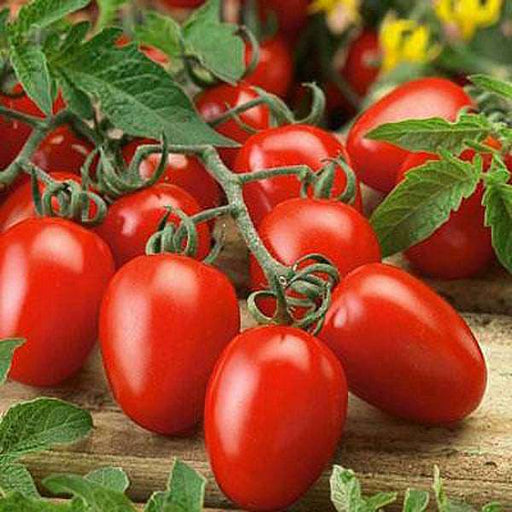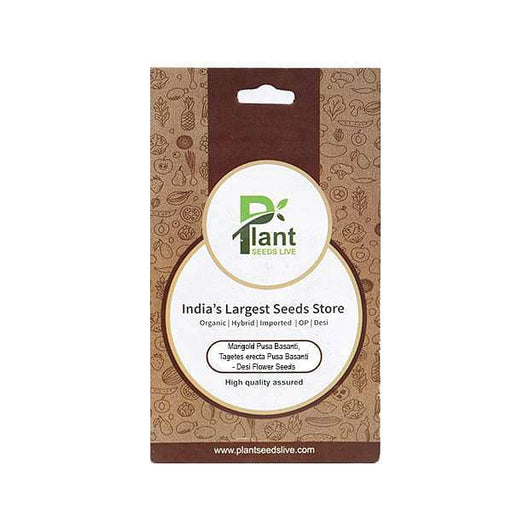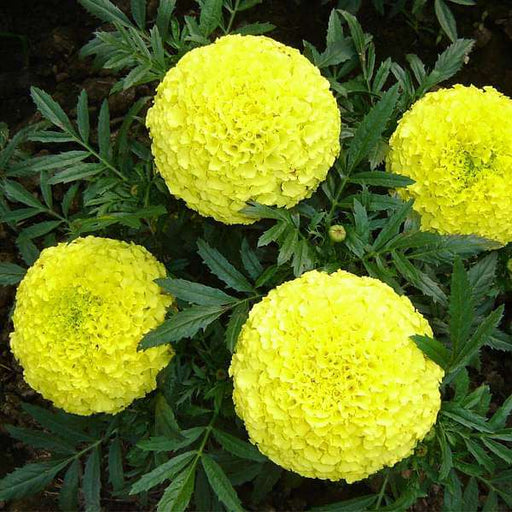Citrus Fruit Seeds
Citrus fruit seeds such as lemon, lime, and orange can be sown in all seasons. These seeds are relatively easy to grow and can produce delicious, juicy fruit.
Berry Seeds
Berry seeds like strawberry, blueberry, and raspberry can also be sown in all seasons. These plants are great for adding color to your garden and producing sweet, juicy fruit.
Apple Seeds
Apple seeds are another great option for sowing in all seasons. While it may take a few years for the tree to start producing fruit, the wait is worth it for those delicious, crispy apples.
Pear Seeds
Pear seeds are easy to sow and can produce tasty, juicy fruit in just a few years. These trees are also great for adding shade to your garden.
Mango Seeds
Mango seeds can be sown in all seasons and are a great choice for those who love tropical fruit. While they may take a few years to produce fruit, the wait is worth it for that sweet, juicy mango.
Avocado Seeds
Avocado seeds can be sown in all seasons and are a great choice for those who love guacamole. These trees are easy to grow and can produce delicious, creamy avocados in just a few years.
Grape Seeds
Grape seeds are easy to sow and can produce delicious, juicy grapes in just a few years. These vines are great for adding a touch of elegance to your garden.
Kiwi Seeds
Kiwi seeds can be sown in all seasons and are a great choice for those who love this sweet and tangy fruit. These vines are also great for adding texture to your garden.
Pineapple Seeds
Pineapple seeds can be sown in all seasons and are a great choice for those who love tropical fruit. While it may take a few years for the plant to produce fruit, the wait is worth it for that sweet, juicy pineapple.
Melon Seeds
Melon seeds such as watermelon, cantaloupe, and honeydew can be sown in all seasons. These plants are easy to grow and produce delicious, juicy fruit.
Plum Seeds
Plum seeds can be sown in all seasons and are a great choice for those who love this sweet fruit. These trees are also great for adding color to your garden.
Peach Seeds
Peach seeds are easy to sow and can produce tasty, juicy fruit in just a few years. These trees are also great for adding shade to your garden.
Cherry Seeds
Cherry seeds can be sown in all seasons and are a great choice for those who love this sweet fruit. These trees are also great for adding color to your garden.
Apricot Seeds
Apricot seeds can be sown in all seasons and are a great choice for those who love this sweet fruit. These trees are also great for adding texture to your garden.
Papaya Seeds
Papaya seeds can be sown in all seasons and are a great choice for those who love tropical fruit. These trees are also great for adding a touch of exotic beauty to your garden.
Passion Fruit Seeds
Passion fruit seeds can be sown in all seasons and are a great choice for those who love this sweet and tangy fruit. These vines are also great for adding a touch of color to your garden.
Fig Seeds
Fig seeds can be sown in all seasons and are a great choice for those who love this sweet fruit. These trees are also great for adding texture to your garden.
Dwarf fruit tree seeds
These seeds produce smaller versions of fruit trees, making them ideal for smaller gardens or containers. Plant dwarf fruit tree seeds in well-draining soil and keep them moist for optimal growth.
Citrus seeds
Citrus fruits are a popular choice for their juicy sweetness and bright colors. Citrus seeds can be sown in all seasons and require warm temperatures to germinate. They prefer a well-draining soil and regular watering.
Melon seeds
Melons are a refreshing fruit to enjoy on a hot day. Plant melon seeds in well-draining soil and keep them moist until they sprout. They require full sun and warm temperatures for optimal growth.
Fig seeds
Figs are a delicious fruit that can be enjoyed fresh or dried. Fig seeds can be sown in all seasons, but they prefer warm temperatures and well-draining soil. They require regular watering to thrive.
Blueberry seeds
Blueberries are a tasty and healthy fruit that can be grown from seed. Blueberry seeds should be sown in acidic soil with good drainage. They prefer full sun and regular watering.

